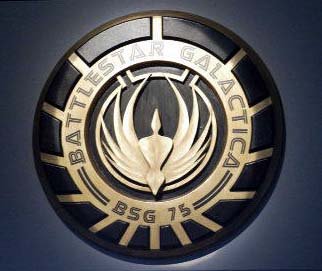From the ever-amazing http://www.yourdictionary.com
Karaoke (noun)
Pronunciation: [kah-rê-'o-kee] Listen
Definition: Singing live to an orchestral accompaniment provided electronically or the electronic equipment for providing such accompaniment and recording the mix of voice and orchestra.
Usage: Today's word is not to be confused with "carioca" [kæ-ri-'o-kê], a native of Rio de Janeiro or a South American dance based on the samba. "Karaoke" is another lexical orphan with no other related words. (Don't miss the opportunity to meet other Word of the Day subscribers and discuss today's word in the YDC Agora.)
Suggested Usage: Karaoke is most closely associated with the karaoke bars of Japan and elsewhere, where anyone with the courage can sing to the accompaniment of a professional orchestra: "Glynnis loves karaoke because she thinks bad accompanists kept her out of show business." Today's word hasn't expanded much metaphorically because of its newness but it already shows great promise: "Slim is a karaoke player: he thinks he is the star when, in fact, it is the team behind him that makes him look good."
Etymology: "Kara-oke" is a clipping (a shortening, like "doctor" > "doc") of kara o-ke-su-to-ra "empty orchestra" where "okesutora" is the Japanese pronunciation of "orchestra," borrowed from English. Clipping also applies to "Makudonarudo" (MacDonald's), shortening it simply to "Makku." As for "kara" it is also found in kara-shuchou "empty business trip," a business trip one doesn't make but collects the expenses for, and "karate" from the Japanese phrase kara te "empty hand." Japanese phonology (sound system) differs from those of European languages in two interesting ways. First, all syllables must end on a vowel and not on any consonant except [n]. Second, all syllables must begin with a simple consonant, not a consonant cluster like [st] or [pr]. So, "McDonalds" becomes "Makudonarudo" in Japanese and "baseball" is pronounced "besubaru" [be-su-ba-ru] to avoid the [sb] cluster and final [l] in [beysbal]. (Thanks to Mark Volpe, rising young mind in the world of word formation, for suggesting and providing the background for today's word.)
–Dr. Language, YourDictionary.com
Subscribe to:
Post Comments (Atom)

No comments:
Post a Comment